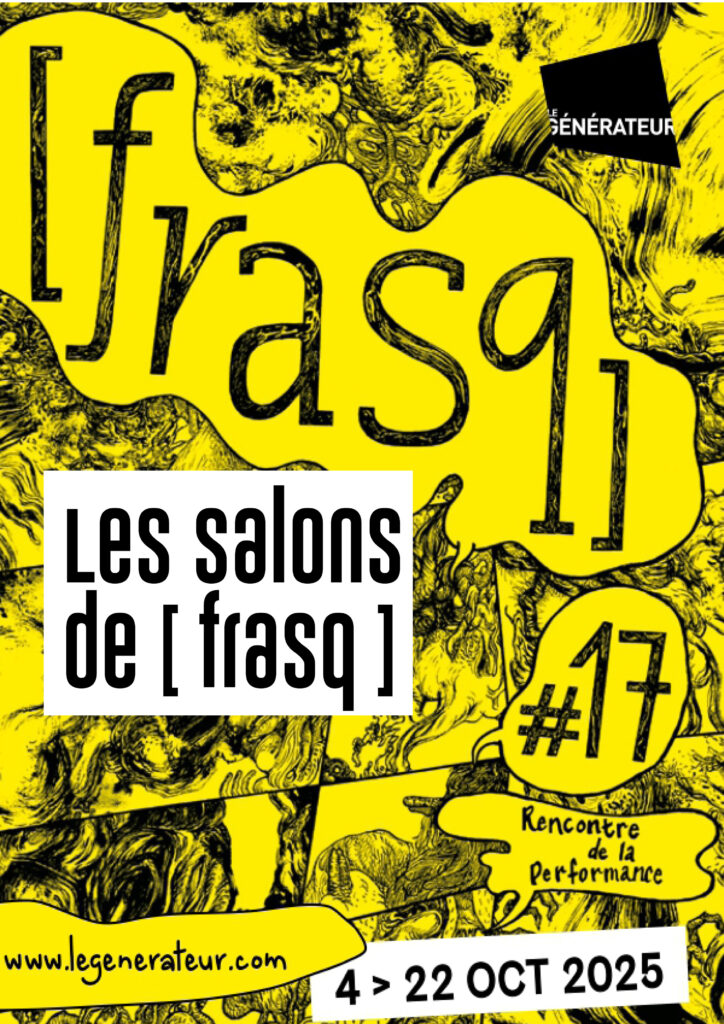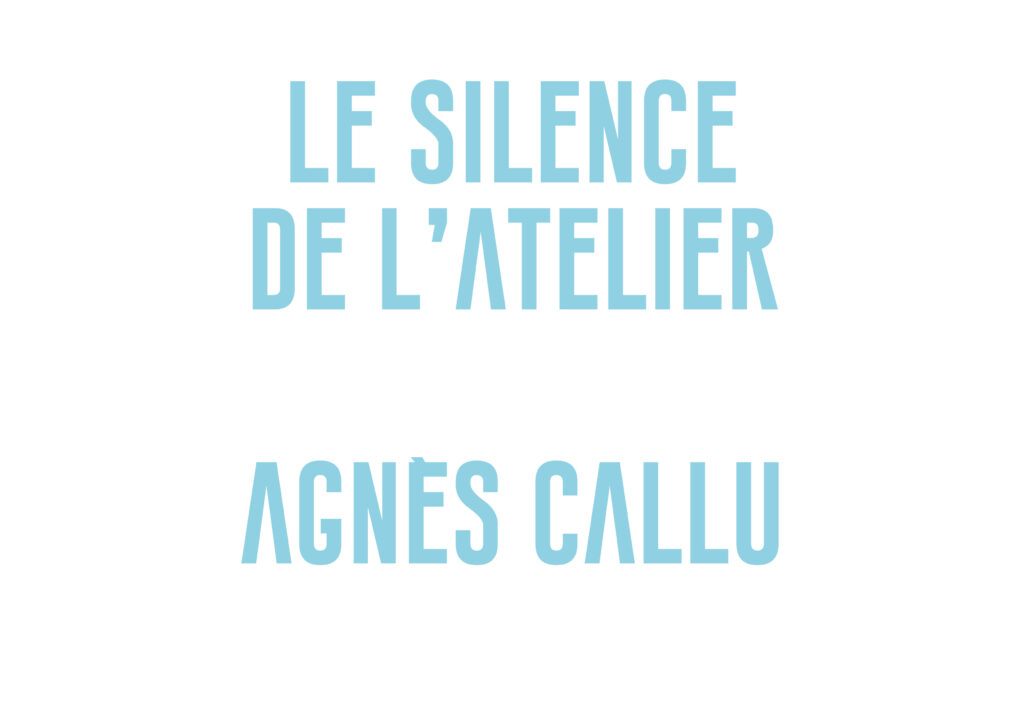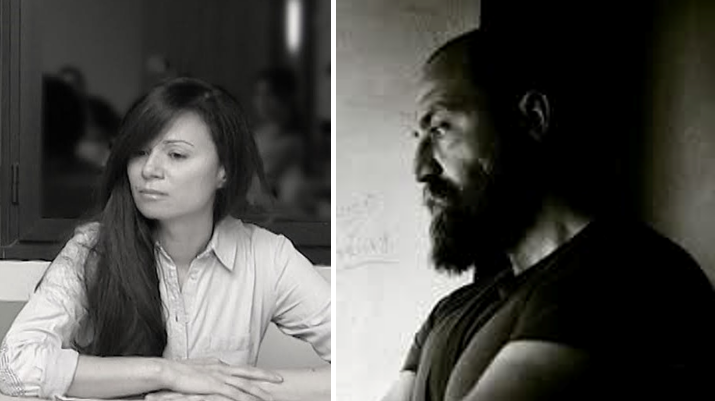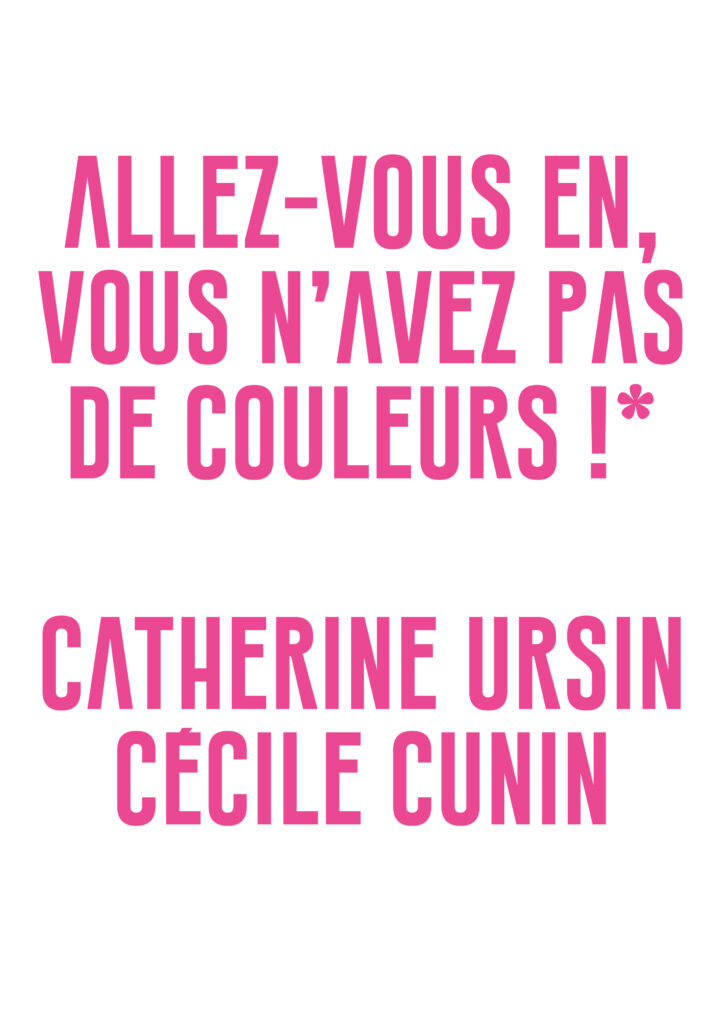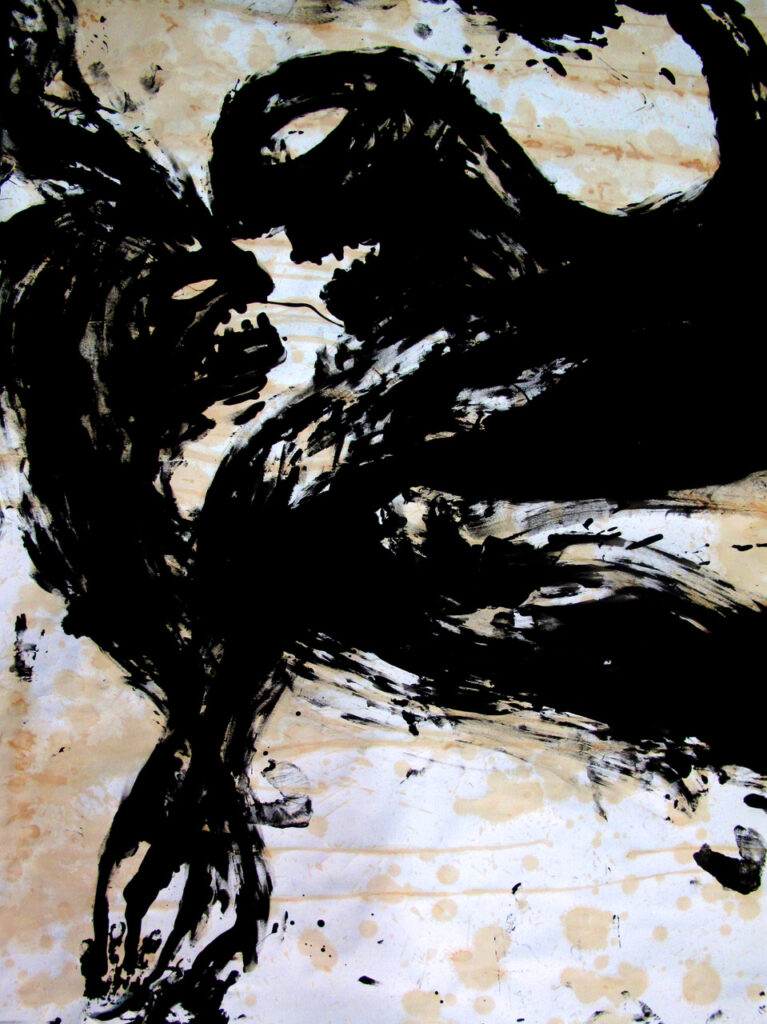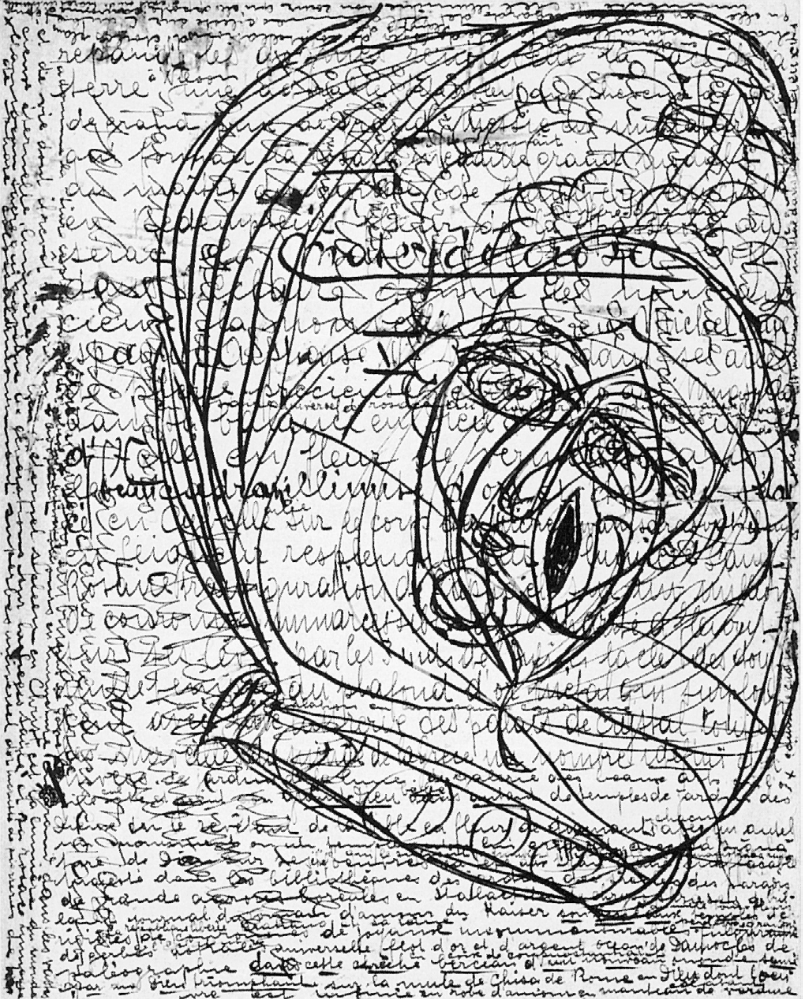Les Salons de FRASQ arise from a desire, that of establishing a moment favorable to the circulation of ideas around current creation and performance practices.
Each FRASQ Salon takes the time to invent itself as it unfolds with a few hours of contributions of all kinds: art history philosophy, cinema, performance, visual arts and other disciplines.
16H
CONFERENCE, PROJECTION
Conference by Agnès Callu, Philosopher and art historian at the CNRS, Laboratoire d’anthropologie politique – LAP, EHESS/CNRS UMR 8177
Poetizing space through a writing body that reads and questions the Blanchotian silence of the Atelier-Machine at the prodrome of the creative act. Such is the purpose of Agnès Callu when she gestures to the imaginations of the artist’s studio reputed to be deafened when it nevertheless circulates the musicality of the inner song of the complex power of the eye and the hand at work in the secrecy of artist Simone Pellegrini’s Studio.
Projection of the film Una circostanza imperfetta.
In the intense film Una circostanza imperfetta, placed under the aegis of Michaux’s lines, Simone Pellegrini recalls how, voluntarily excommunicated to his obscure realm, he elaborates, from a material tragic princeps, a space-time of creation. There, in the disorder of sedimented scrolls, fragments, tears, pigments and carbon, he experiences, in the cloistered corners of a mental library, a work of parietal allure each day dashed across the sheet at the twilight hour.
17H
PERFORMANCE,CONFERENCE
Catherine Ursin engages, acts, creates and evolves without boundaries between her practice as a visual artist and performer. Her painting is action.
Ephemeral crossing, like an ageless ritual, the performance Allez-vous en, vous n’avez pas de couleurs! unfolds for the time of a breath.
The artist here goes to the very end of her pictorial gesture, even if it means melting into her work, in a movement of perpetual transformation.
Cécile Cunin, art historian and lecturer, extends the experience with analysis and reflections on artistic creation as a site of body metamorphosis and emancipation from genderassignations.
Cécile Cunin is a doctoral student in art history at Rennes 2 University. Her research, conducted under the supervision of Elvan Zabunyan and Baptiste Brun, focuses on works made in psychiatric settings in the mid-20th century, studied through the prism of the concept of gender performativity.
*Aloïse Corbaz
